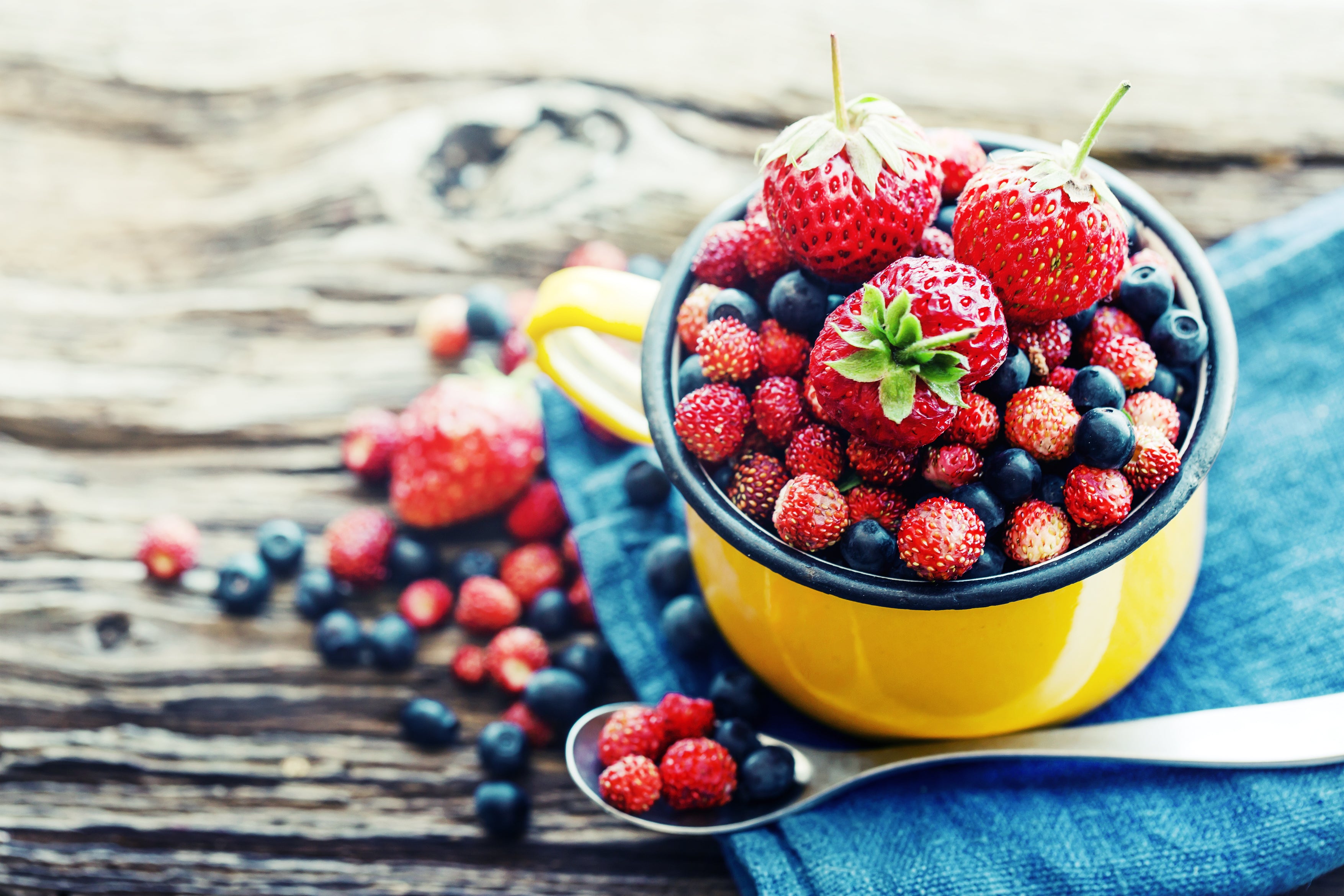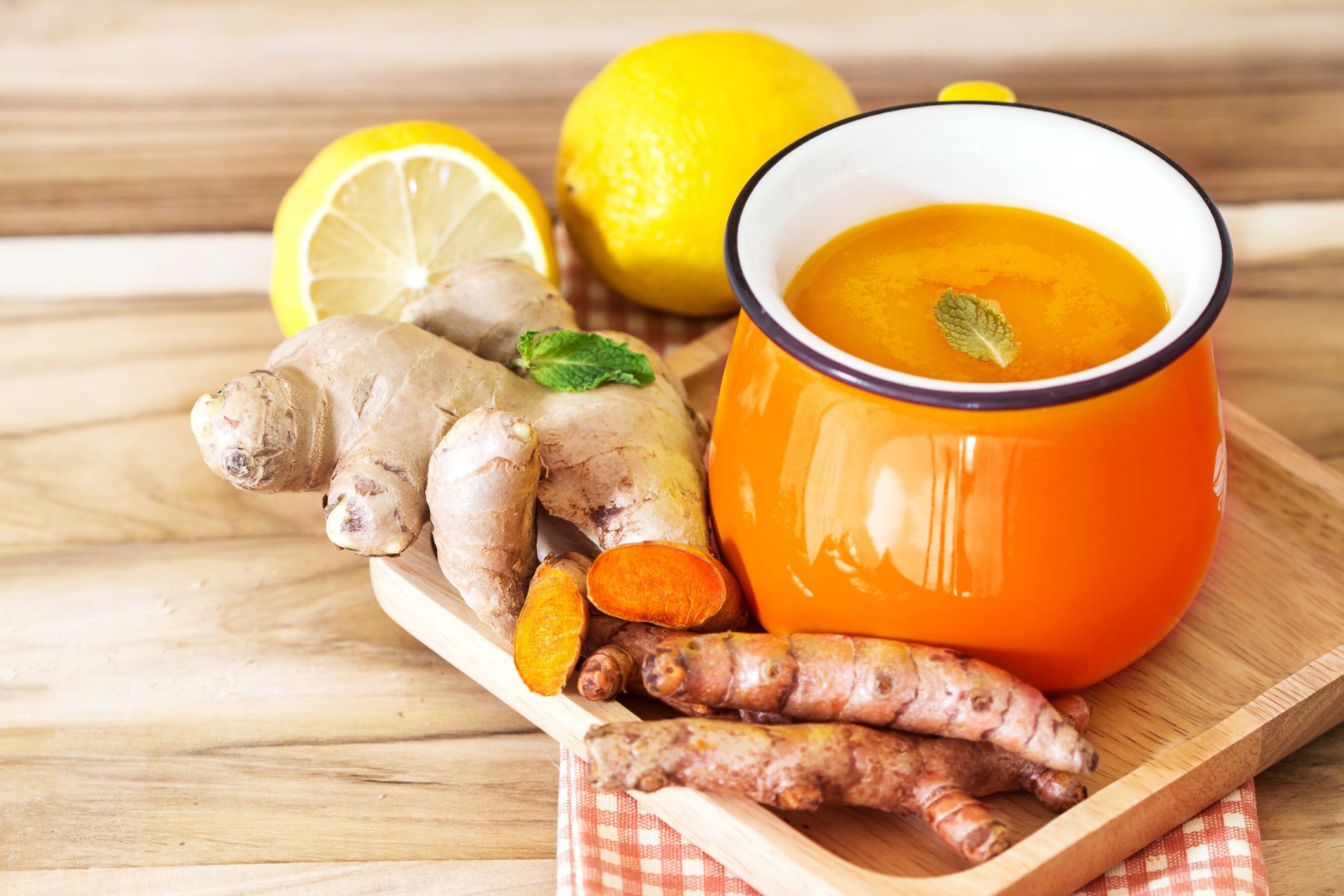
Considering the switch to organic? This article is for you!
I don’t know about you, but when I do my local grocery shop, I am overwhelmed by all the different choices. With so many companies splashing claims on their products such as non GMO, hormone free, free range, cage free and so on, I’m sure I’m not alone.
Now, being very health savvy but at the same time sceptical of marketing tactics, I took it upon myself to research what exactly organic means and whether it’s worth spending that hard earned cash on.
To help make your grocery shop that bit easier, I have answered some common questions many of us have about organic produce. If you have any further questions, or need any other dietary advice don’t hesitate to send me a message!
What does organic even mean?
Organic Vegetables
Organic Vegetables are not genetically modified and are free from synthetic chemicals such as pesticides, herbicides, fungicides, antibiotics and growth hormones. Instead, organic fertilisers, such as compost and manure are used to nourish the soil. Likewise, pests and diseases are controlled using natural techniques such as species selection, crop rotation and insect predators.
Organic Meat, Dairy and Eggs
Organically grown animals and birds are free range and have access to organic feed. In addition, such species have not been exposed to any genetic modification, growth hormones or synthetic nitrogen supplements. Vaccines are only used in extreme cases when disease is present. There is a strict restriction against antibiotic use in poultry, eggs and dairy.
Organic bread and baked goods
Organic bread and baked goods must contain ingredients which are at least 95% organic. Such goods are cooked in a way which is most natural, for instance using enzymatic and biological methods. However, one downside to organic bread is that it is not fortified with important nutrients including iodised salt, folic acid and thiamine, all of which are mandatory additions to conventional types of bread.
How do I tell if a product is truly organic?
In Australia, the term ‘organic’ is not regulated under Australian law. This means that any company can label their product as organic. That is why it is critical to ensure that when you buy organic produce, it is labelled ‘Australian Certified Organic’. Products with this label are protected by consumer laws and regularly undergo random audits to ensure they meet the Australian Certified Organic standards.
Is organic food more nutritious?
Numerous studies have shown that the nutritional difference between organic and non-organic produce is minimal. There are only a small number of nutrients which have shown to be statistically higher in organic produce.
For example, carotenoids, a type of antioxidant, is shown to be 50% higher in organic fruits compared to their conventional alternatives. However, a large proportion of our carotenoid intake comes from vegetables, which have the same amount of carotenoids regardless of whether they are organic or not.
In addition vitamin C is higher in organic crops compared to conventional crops, but only by 6%. Thus, this amount is not significant in terms of an individual’s total food consumption. Thus, the nutritional difference between organic and non-organic produce is very slim, meaning that it should not be your soul reason for going organic.
What about the harmful effects of herbicides, pesticides and antibiotics to our health?
As with many diet related topics, there is conflicting evidence regarding the degree of harm associated with consuming non organic food crops. On one hand, the use of pesticides in our food supply provides important benefits to public health by allowing us to grow and purchase fresh fruit and vegetables at an affordable price.
While conventional produce has significantly more pesticides than organic produce, these levels are far below the maximum amount enforced by the Environmental Protection Agency. In contrast, the use of antibiotics in conventional foods can have an adverse impact on public health by aiding the development of antibiotic resistant bacteria.
What if I want to make the switch to organic but am on a budget?
Here are 5 tips to eating organic on a budget:
1. Buy your groceries from your local farmers market
2. Buy organic foods that are in season
3. Bulk buy and freeze organic food
4. Create your own veggie patch and grow your own vegetables and herbs
5. Choose to buy organic produce for food known to absorb higher amounts of contaminant. This list is called the ‘Dirty Dozen’
Final Remarks
After completing my research, I came to the conclusion that going organic is a good idea for those who you can afford it, however it is not critical component of a healthy diet. As humans, we have a tendency to sweat the small things without looking at the larger picture.
What is more beneficial to our health is ensuring that we eat a wide variety of natural, unprocessed foods and engage in regular activity. Doing so will ensure that we hit our daily nutrient and exercise requirements needed to live a vibrant and healthy life.
Thus, to make a greater impact on your health and well being, join us at Titan Fitness today! We offer a variety of classes, challenges, educational seminars and online support to guarantee results.
If you enjoyed this article, please subscribe to our emailing list to receive more inspirational and educational content. Also, if you haven’t already, please follow us on Instagram, Facebook and YouTube.
Now, being very health savvy but at the same time sceptical of marketing tactics, I took it upon myself to research what exactly organic means and whether it’s worth spending that hard earned cash on.
To help make your grocery shop that bit easier, I have answered some common questions many of us have about organic produce. If you have any further questions, or need any other dietary advice don’t hesitate to send me a message!
What does organic even mean?
Organic Vegetables
Organic Vegetables are not genetically modified and are free from synthetic chemicals such as pesticides, herbicides, fungicides, antibiotics and growth hormones. Instead, organic fertilisers, such as compost and manure are used to nourish the soil. Likewise, pests and diseases are controlled using natural techniques such as species selection, crop rotation and insect predators.
Organic Meat, Dairy and Eggs
Organically grown animals and birds are free range and have access to organic feed. In addition, such species have not been exposed to any genetic modification, growth hormones or synthetic nitrogen supplements. Vaccines are only used in extreme cases when disease is present. There is a strict restriction against antibiotic use in poultry, eggs and dairy.
Organic bread and baked goods
Organic bread and baked goods must contain ingredients which are at least 95% organic. Such goods are cooked in a way which is most natural, for instance using enzymatic and biological methods. However, one downside to organic bread is that it is not fortified with important nutrients including iodised salt, folic acid and thiamine, all of which are mandatory additions to conventional types of bread.
How do I tell if a product is truly organic?
In Australia, the term ‘organic’ is not regulated under Australian law. This means that any company can label their product as organic. That is why it is critical to ensure that when you buy organic produce, it is labelled ‘Australian Certified Organic’. Products with this label are protected by consumer laws and regularly undergo random audits to ensure they meet the Australian Certified Organic standards.
Is organic food more nutritious?
Numerous studies have shown that the nutritional difference between organic and non-organic produce is minimal. There are only a small number of nutrients which have shown to be statistically higher in organic produce.
For example, carotenoids, a type of antioxidant, is shown to be 50% higher in organic fruits compared to their conventional alternatives. However, a large proportion of our carotenoid intake comes from vegetables, which have the same amount of carotenoids regardless of whether they are organic or not.
In addition vitamin C is higher in organic crops compared to conventional crops, but only by 6%. Thus, this amount is not significant in terms of an individual’s total food consumption. Thus, the nutritional difference between organic and non-organic produce is very slim, meaning that it should not be your soul reason for going organic.
What about the harmful effects of herbicides, pesticides and antibiotics to our health?
As with many diet related topics, there is conflicting evidence regarding the degree of harm associated with consuming non organic food crops. On one hand, the use of pesticides in our food supply provides important benefits to public health by allowing us to grow and purchase fresh fruit and vegetables at an affordable price.
While conventional produce has significantly more pesticides than organic produce, these levels are far below the maximum amount enforced by the Environmental Protection Agency. In contrast, the use of antibiotics in conventional foods can have an adverse impact on public health by aiding the development of antibiotic resistant bacteria.
What if I want to make the switch to organic but am on a budget?
Here are 5 tips to eating organic on a budget:
1. Buy your groceries from your local farmers market
2. Buy organic foods that are in season
3. Bulk buy and freeze organic food
4. Create your own veggie patch and grow your own vegetables and herbs
5. Choose to buy organic produce for food known to absorb higher amounts of contaminant. This list is called the ‘Dirty Dozen’
Final Remarks
After completing my research, I came to the conclusion that going organic is a good idea for those who you can afford it, however it is not critical component of a healthy diet. As humans, we have a tendency to sweat the small things without looking at the larger picture.
What is more beneficial to our health is ensuring that we eat a wide variety of natural, unprocessed foods and engage in regular activity. Doing so will ensure that we hit our daily nutrient and exercise requirements needed to live a vibrant and healthy life.
Thus, to make a greater impact on your health and well being, join us at Titan Fitness today! We offer a variety of classes, challenges, educational seminars and online support to guarantee results.
If you enjoyed this article, please subscribe to our emailing list to receive more inspirational and educational content. Also, if you haven’t already, please follow us on Instagram, Facebook and YouTube.
Tags:
Previous post
You must try this easy and delicious low carb, gluten-free pizza!
Next post







